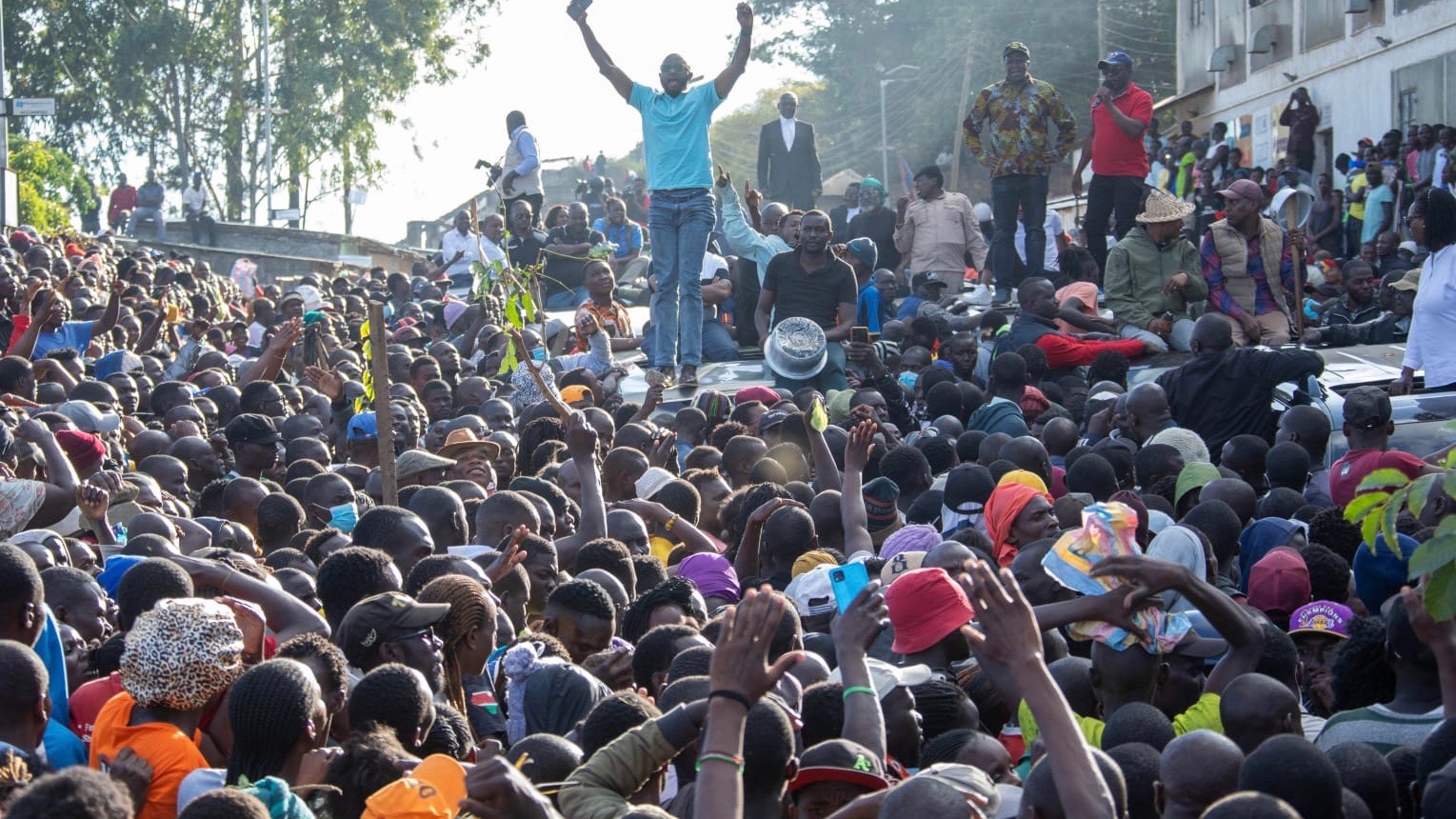Impact of Civil Protests on Governments: Case of Kenya
By Mazi Godson AzuCivil protests can profoundly impact governments, as seen recently in Kenya under President William Ruto's administration. Here's a synthesis of the impacts and the specific events in Kenya: (1) Policy Changes and Government Response: Civil protests in Kenya, catalyzed by discontent over a proposed IMF-backed financial bill, resulted in significant policy shifts. The bill aimed to increase taxes on essential goods like bread and fuel, prompting widespread opposition due to its perceived economic burden on the populace. In response to the protests, President Ruto fired almost his entire cabinet, retaining only Deputy President Rigathi Gachagua and Prime Cabinet Secretary Musalia Mudavadi. This move was a direct response to public demands for accountability and policy reversal.
(2) Leadership Change: The protests also underscored broader dissatisfaction with government leadership, echoing sentiments seen in movements like the Arab Spring. The demonstrations pressured President Ruto to re-evaluate his administration, leading to the cabinet overhaul. This change was aimed at placating public anger and rejuvenating governance credibility. (3) Political and Economic Reforms: Beyond immediate personnel changes, the protests have called for broader political reforms to tackle systemic issues such as corruption, police violence, and economic mismanagement. This reflects a growing demand for transparency and accountability in Kenyan governance, resonating with global trends observed in movements across Africa and the Middle East.
(4) Social and Cultural Impacts: The protests have united Kenyans across diverse backgrounds, transcending tribal and partisan divides. Dubbed the GenZ movement, the demonstrations highlight a collective desire for a more inclusive and just society, resonating with similar movements in Sudan, Egypt, and Tunisia. (5) International Relations and Economic Impact: Kenya's response to the protests has also garnered international attention, influencing diplomatic ties and economic perceptions. The government's handling of the protests will likely impact its standing in the global community and its ability to attract international investments and aid. (6) Government Legitimacy and Public Trust: Widespread participation in the protests reflects a crisis of legitimacy for President Ruto's administration. The public outcry underscores the erosion of trust in governmental institutions, necessitating responsive governance to restore public confidence.


(7) Legal and Judicial Landscape: The protests have prompted discussions on legal reforms to protect civil liberties and regulate government responses to public dissent. This legal scrutiny is crucial in safeguarding democratic principles amidst evolving societal expectations. Conclusion: Civil protests in Kenya have proven to be a potent force for societal change, triggering substantial governmental responses and policy reversals. The ongoing movement signifies a pivotal moment in Kenya's political landscape, emphasizing the enduring impact of grassroots mobilization on governance and societal norms.
